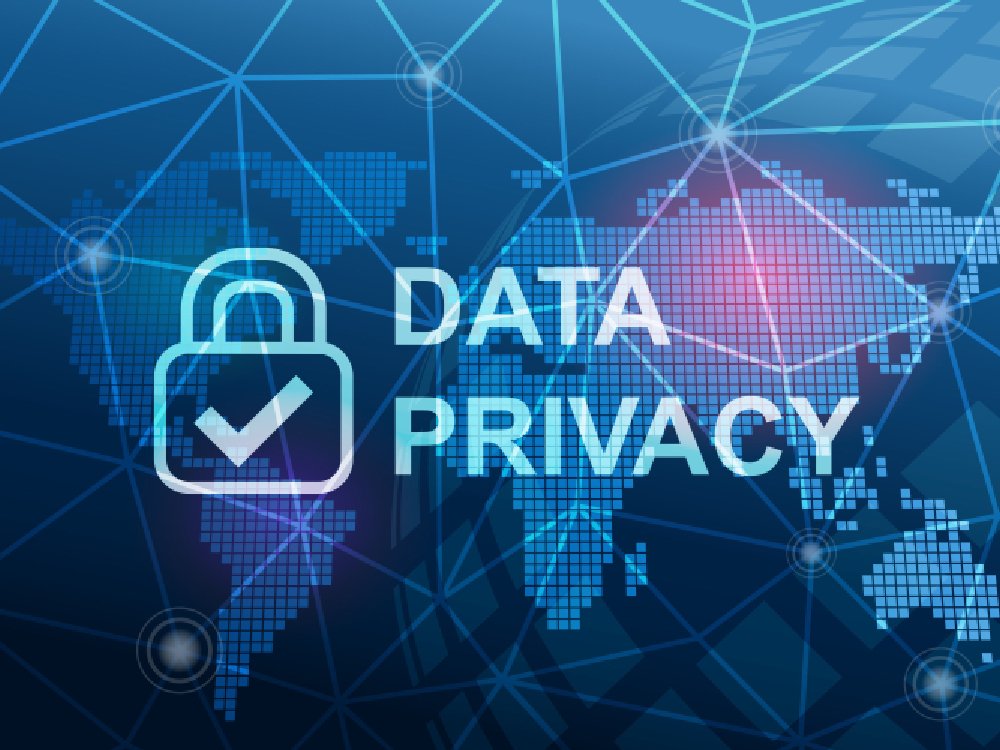In an era characterized by the relentless generation, collection, and analysis of data, the concept of what is data privacy has never been more pertinent. With every online interaction, individuals leave behind digital footprints that contain a wealth of personal information. From social media posts and online purchases to medical records and financial transactions, our digital identities are intricately woven into the fabric of the internet. But what exactly is data privacy, and why is it essential in today’s digital landscape?
Defining Data Privacy
At its core, data privacy refers to the right of individuals to control the collection, use, and dissemination of their personal information. It encompasses the policies, practices, and regulations designed to protect sensitive data from unauthorized access, disclosure, or misuse. Data privacy is essential for maintaining trust in the digital economy, preserving individual autonomy, and safeguarding against privacy breaches, identity theft, and other forms of abuse.
Key Principles of Data Privacy
Several key principles underpin the concept of data privacy:
- Consent: Individuals should have the right to provide informed consent for the collection, processing, and sharing of their personal data. Consent should be freely given, specific, and revocable at any time.
- Purpose Limitation: Organizations should collect and process personal data only for specified, legitimate purposes disclosed to individuals at the time of collection. Any subsequent use of the data should be compatible with the original purpose or require additional consent.
- Data Minimization: Organizations should limit the collection and retention of personal data to what is necessary for the intended purpose. Excessive or irrelevant data should be avoided to minimize privacy risks.
- Accuracy: Personal data should be accurate, complete, and up-to-date to ensure its reliability and relevance for the intended purpose. Individuals should have the right to rectify inaccuracies or update their information as needed.
- Security: Organizations should implement appropriate technical and organizational measures to protect personal data against unauthorized access, disclosure, alteration, or destruction. This includes encryption, access controls, and regular security audits.
- Accountability: Organizations should be accountable for complying with data privacy laws, regulations, and industry standards. They should establish internal policies, procedures, and mechanisms for handling personal data responsibly and transparently.
Challenges and Risks
Despite the growing awareness of data privacy issues, several challenges and risks persist:
- Data Breaches: The proliferation of cyber threats and sophisticated hacking techniques poses a significant risk to data privacy. Data breaches can result in the unauthorized access, theft, or exposure of sensitive information, leading to financial losses, reputational damage, and legal liabilities.
- Privacy Erosion: The widespread collection, analysis, and monetization of personal data by tech companies, advertisers, and third-party service providers raise concerns about privacy erosion. Surveillance capitalism, data profiling, and targeted advertising techniques can erode individual privacy rights and autonomy.
- Regulatory Compliance: The evolving landscape of data privacy laws and regulations, such as the General Data Protection Regulation (GDPR) and the California Consumer Privacy Act (CCPA), presents compliance challenges for organizations. Ensuring compliance with diverse legal requirements and navigating jurisdictional differences can be complex and resource-intensive.
- Emerging Technologies: The adoption of emerging technologies, such as artificial intelligence (AI), Internet of Things (IoT), and biometric authentication, introduces new privacy risks and ethical considerations. These technologies raise concerns about data collection, algorithmic bias, and the potential for mass surveillance.
Best Practices for Data Privacy
To enhance data privacy and mitigate privacy risks, organizations and individuals can adopt the following best practices:
- Privacy by Design: Incorporate privacy considerations into the design and development of products, services, and systems from the outset. Implement privacy-enhancing technologies and practices to minimize data collection, maximize user control, and strengthen security measures.
- Transparency and Consent: Be transparent about data collection practices, purposes, and processing activities. Obtain explicit consent from individuals for the use of their personal data and provide clear options for opting out or withdrawing consent.
- Data Protection Measures: Implement robust data protection measures, including encryption, pseudonymization, and anonymization, to safeguard personal data against unauthorized access and misuse. Regularly assess and update security protocols to address evolving threats.
- User Empowerment: Empower individuals to exercise greater control over their personal data through privacy settings, consent management tools, and data access requests. Provide users with clear information about their rights and options for managing their privacy preferences.
- Privacy Training and Awareness: Invest in privacy training and awareness programs for employees, contractors, and stakeholders to promote a culture of privacy and compliance. Ensure that personnel understand their roles and responsibilities in safeguarding personal data and responding to privacy incidents.
Conclusion
In conclusion, data privacy is a fundamental right and a critical component of trust in the digital economy. By respecting individuals’ privacy rights, adhering to data protection principles, and implementing best practices, organizations and individuals can foster a culture of privacy and accountability. As technology continues to evolve and data-driven innovation accelerates, maintaining a strong commitment to data privacy is essential to building a more secure, ethical, and resilient digital future.

